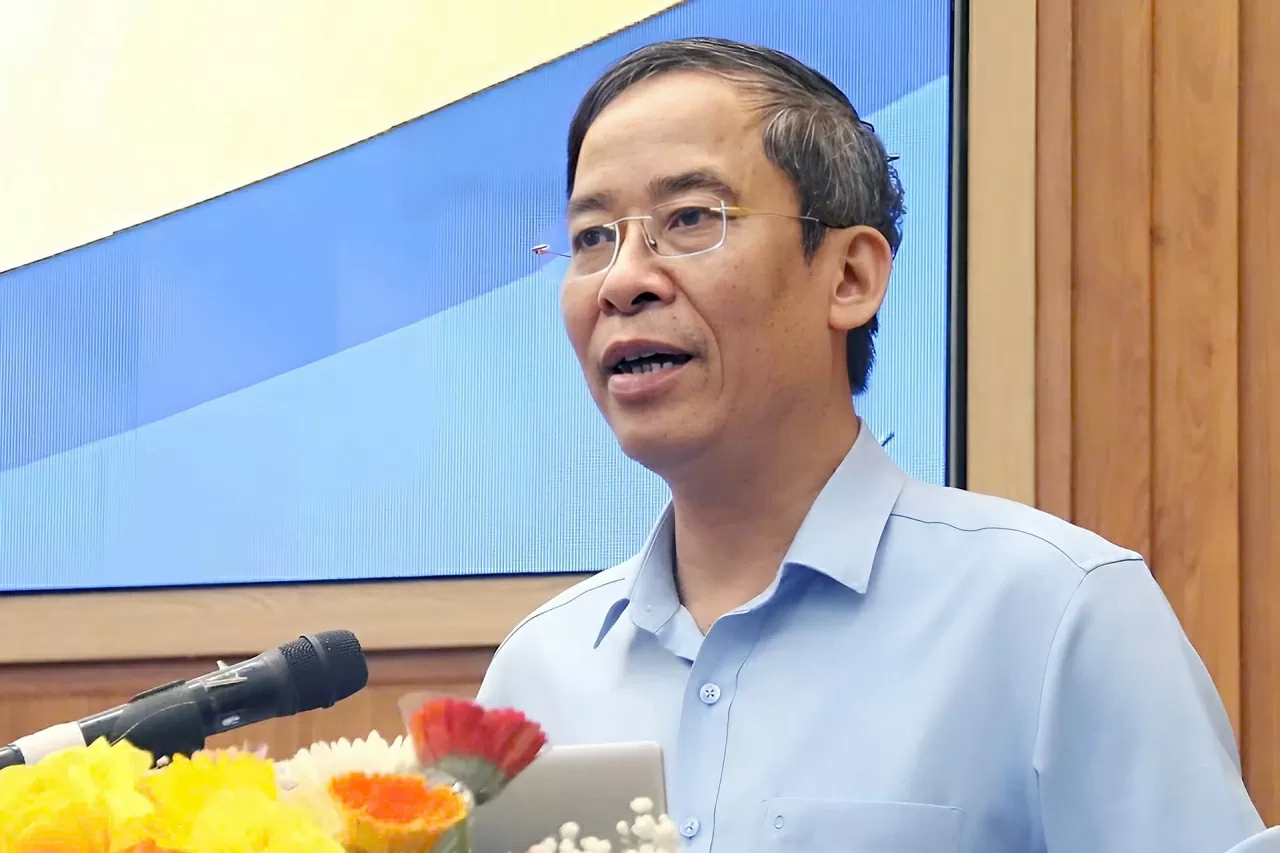 |
| Mr. Vu Minh Duc said that teachers in public educational institutions are identified as special officials. (Photo: Thanh Hung) |
The information was shared by a representative of the Ministry of Education and Training at a training program to improve the capacity to implement the 2018 General Education Program for lecturers of higher education institutions that train teachers, recently organized by Hanoi National University of Education.
Mr. Duc said that after much debate and defense from the Ministry of Education and Training, the National Assembly and the Government agreed that teachers in public educational institutions are special civil servants.
"In the past, teachers and lecturers were civil servants and were regulated by the Civil Servants Law. Now teachers are special civil servants; due to the very special nature of the profession, when our products are people," said Mr. Duc.
In addition, teachers in non-public educational institutions are also identified as special workers. “Previously, the Labor Law only stipulated that teachers in non-public educational institutions, like ordinary workers, were allowed to sign labor contracts and were regulated by the Labor Code. Because of that specialness, special mechanisms and policies are also needed,” Mr. Duc shared.
The special policy is reflected in the fact that teachers' salaries will be ranked highest in the administrative and career salary scale; there will be preferential allowances according to the profession.
Mr. Duc said that the draft Law on Teachers also defines who teachers are. “At first, when we proposed the draft Law on Teachers, many opinions raised whether 'teachers' would include freelance teachers who are not in any educational institution; and those who teach professions such as hairdressing... But the drafting committee of the draft Law on Teachers agreed that this law only applies to teachers working in public and non-public educational institutions in the national education system. As for other subjects, they will have to continue to be researched and regulated in the Law on Education, and teachers cannot be defined in this law,” Mr. Duc informed.
Regarding the recruitment content and working regime of teachers, Mr. Duc said that the draft Law on Teachers also has new points. According to Mr. Duc, in the design of the Law on Teachers, the recruitment of teachers is assigned to the principal, the head of the educational institution. In case the school cannot organize it, the educational management agency will do it instead.
Meanwhile, the draft Law on Teachers clearly stipulates the summer vacation regime for teachers and managers; there is a policy to support funding for compulsory training (including both public and non-public teachers).
In addition, teachers have a protection mechanism in their professional activities. Mr. Duc affirmed: “Article 11 of the draft Law on Teachers stipulates what other organizations and individuals are not allowed to do to teachers to protect their honor, dignity and professional activities. In particular, it is stipulated that during the process of inspection, examination and handling of violations (if any) of teachers, when there is no official conclusion from the competent authority, it is not allowed to disseminate or spread inaccurate information about teachers. This is also a new point. This is included because when teachers are involved in information, whether it is a violation/inaccuracy or not, they are all criticized on social networks. This phenomenon greatly affects the reputation and honor of the teaching staff and the work of teachers".
Source: https://baoquocte.vn/nha-giao-trong-cac-co-so-giao-duc-cong-lap-la-vien-chuc-dac-biet-310720.html


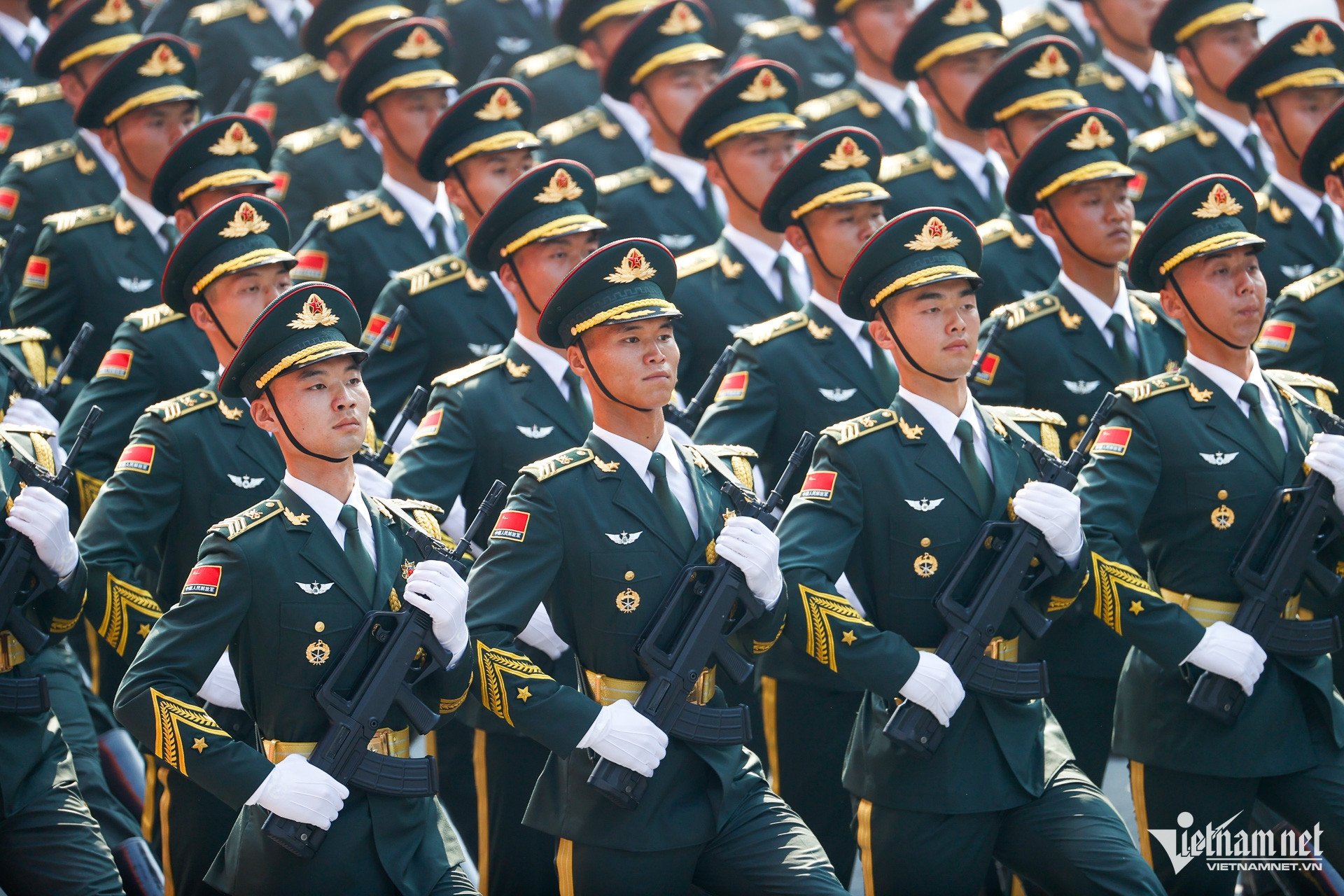
![[Photo] Fireworks light up the sky of Ho Chi Minh City 50 years after Liberation Day](https://vstatic.vietnam.vn/vietnam/resource/IMAGE/2025/4/30/8efd6e5cb4e147b4897305b65eb00c6f)
![[Photo] Mass parade to celebrate 50 years of national reunification](https://vstatic.vietnam.vn/vietnam/resource/IMAGE/2025/4/30/825e459ee2f54d85b3a134cdcda46e0d)
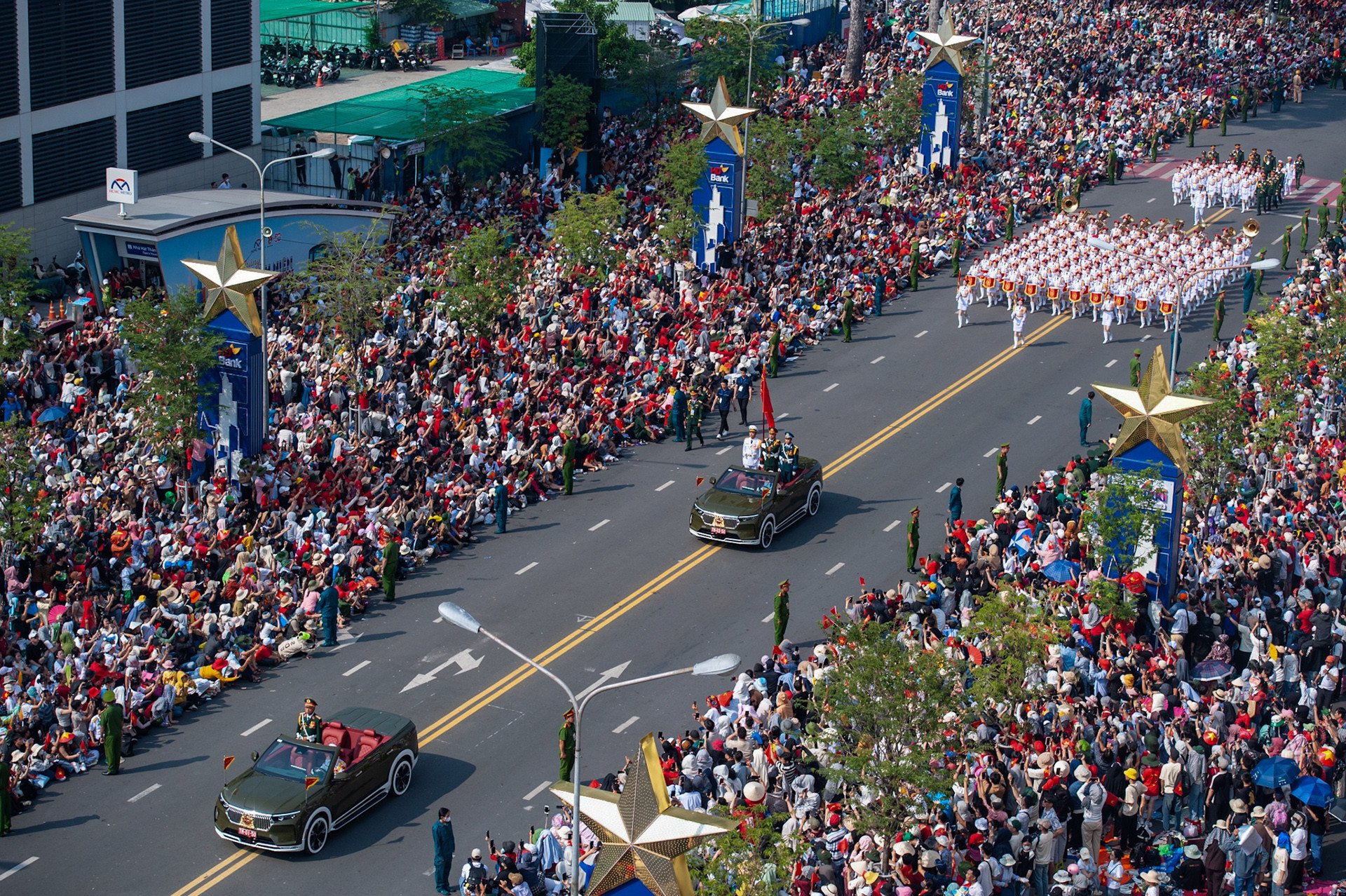
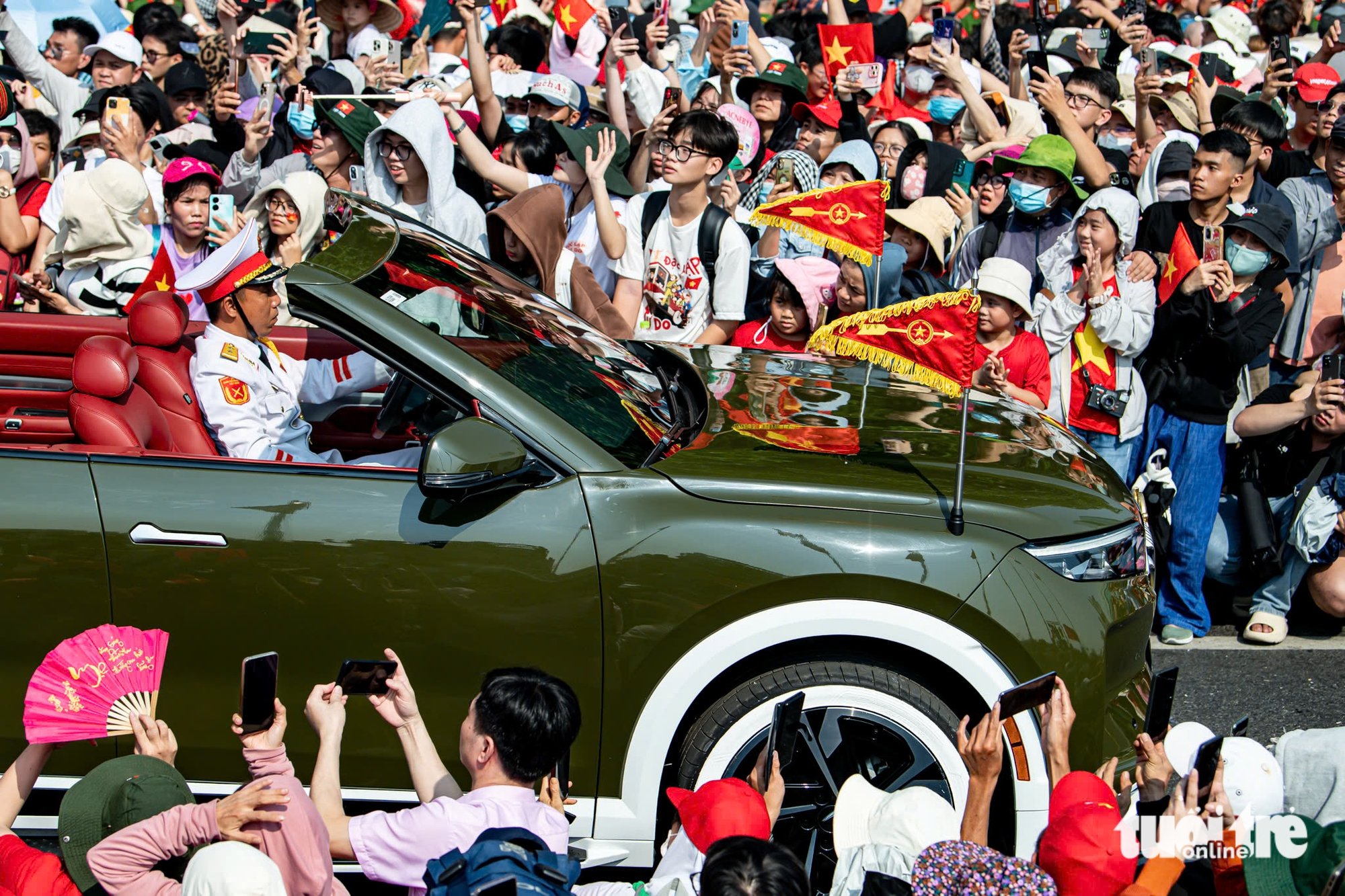
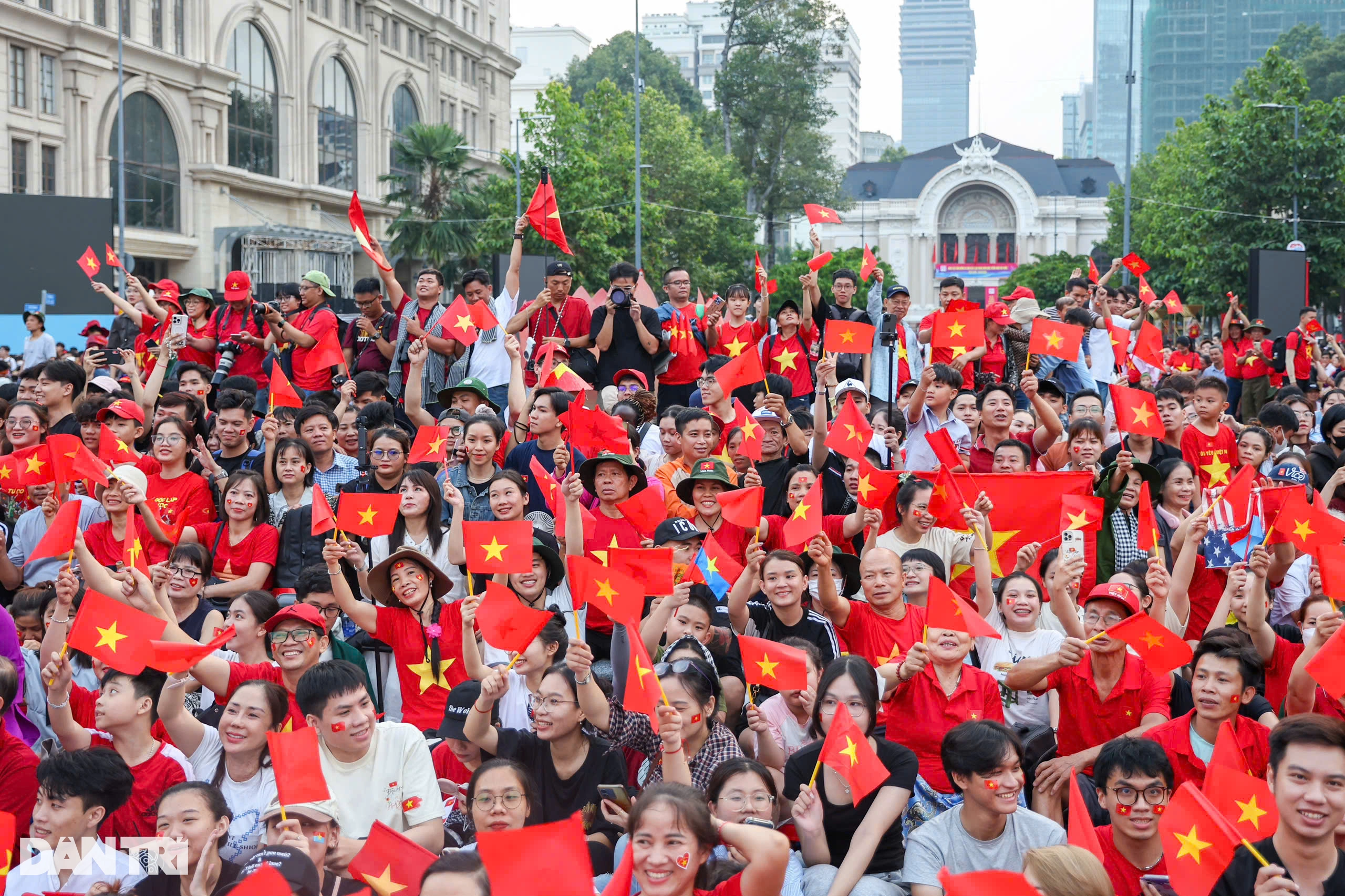
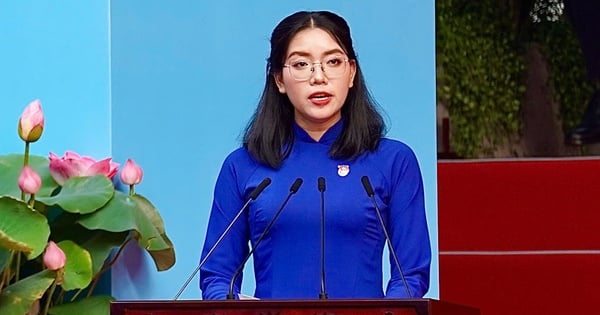
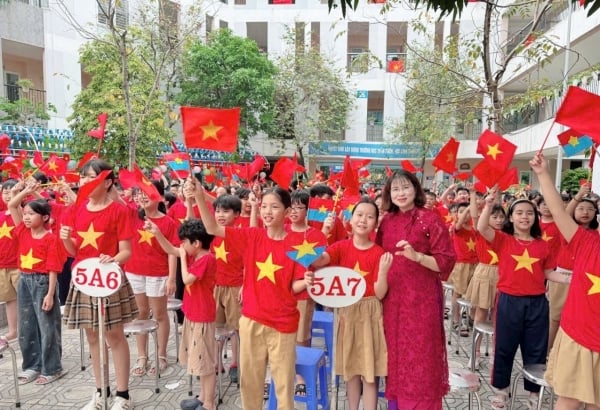
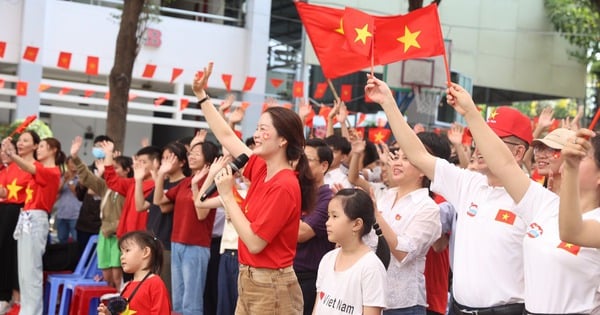
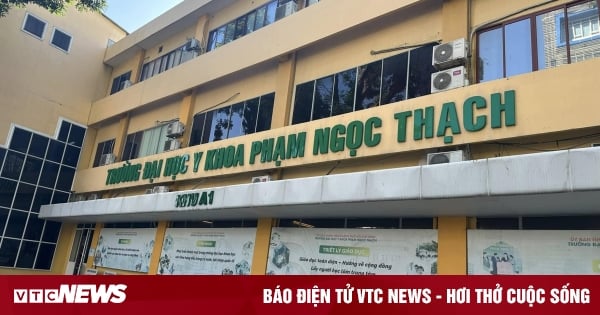
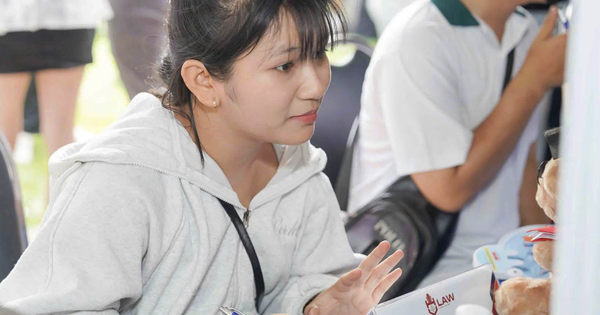
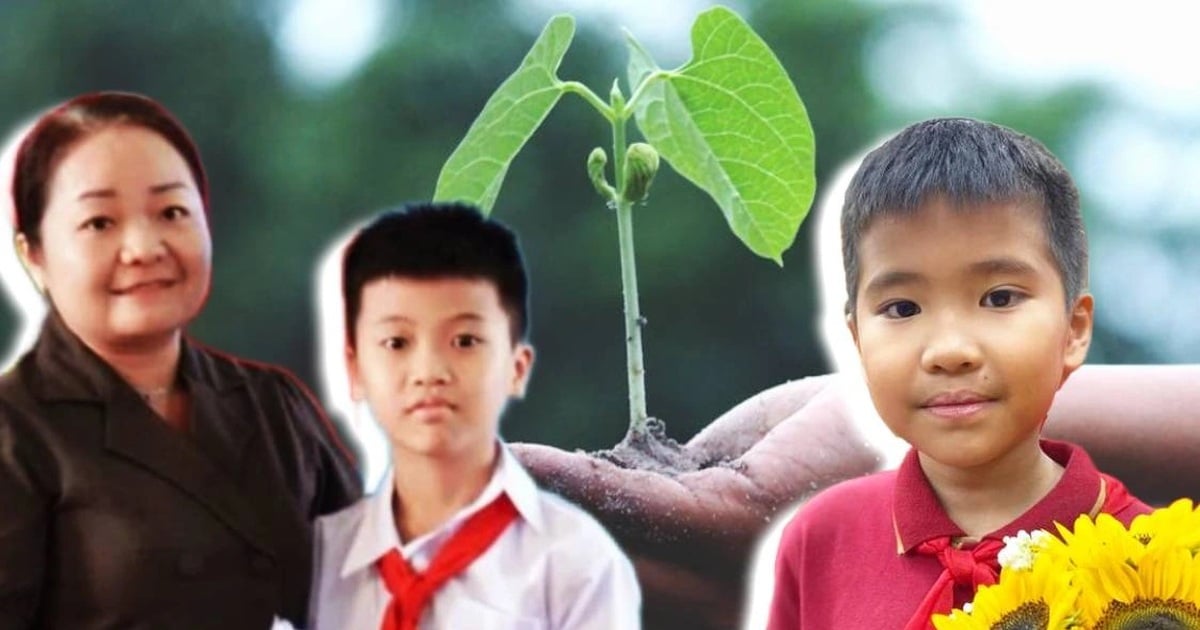
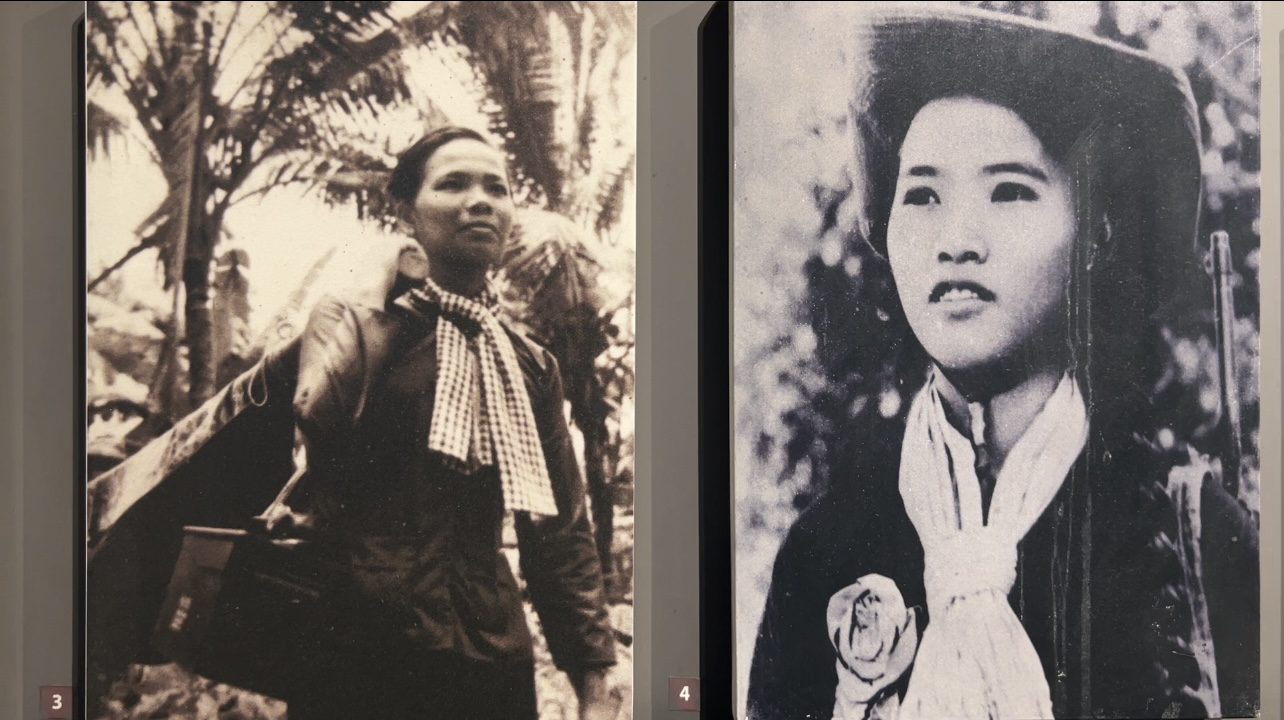



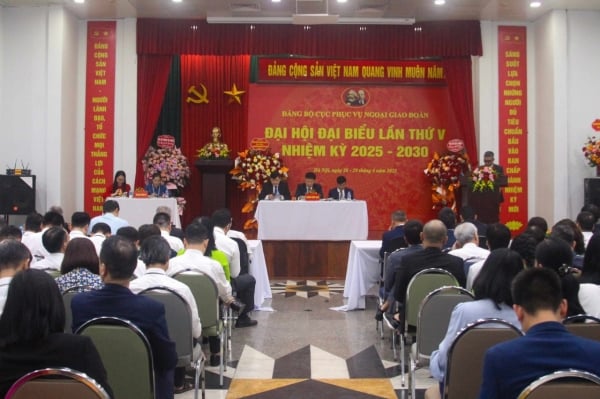
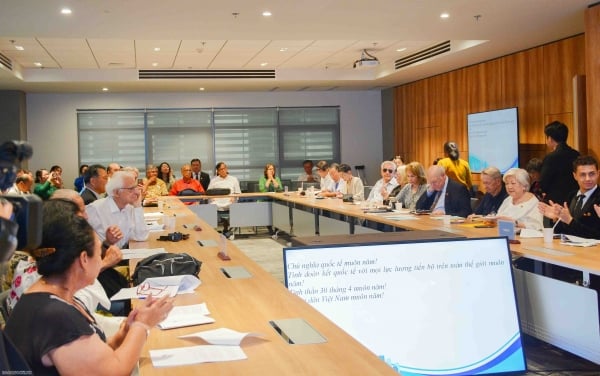
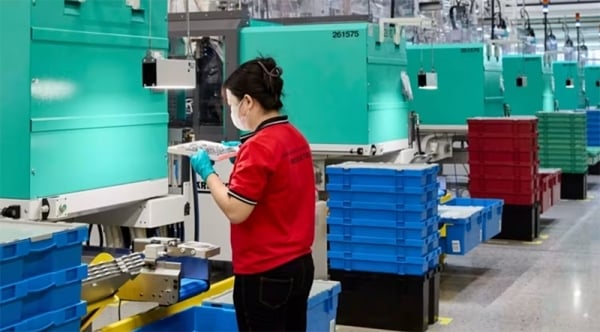
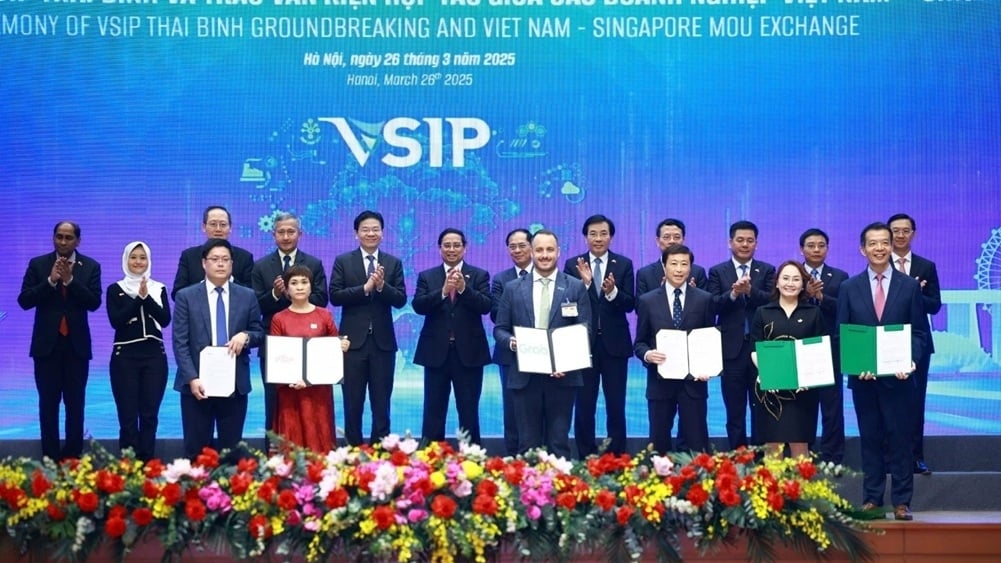
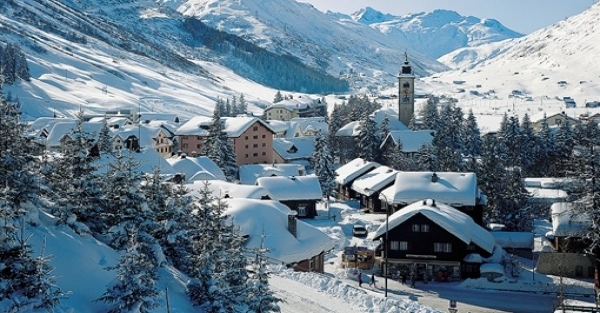
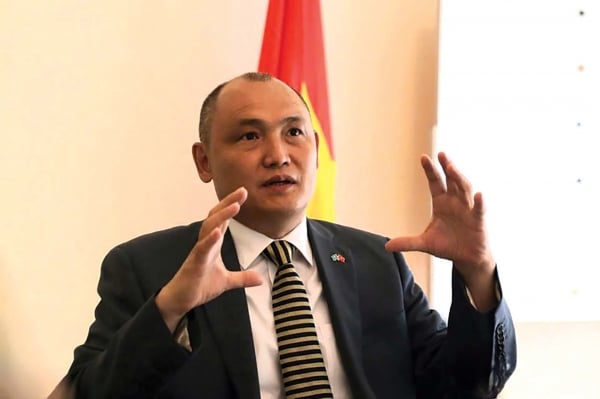




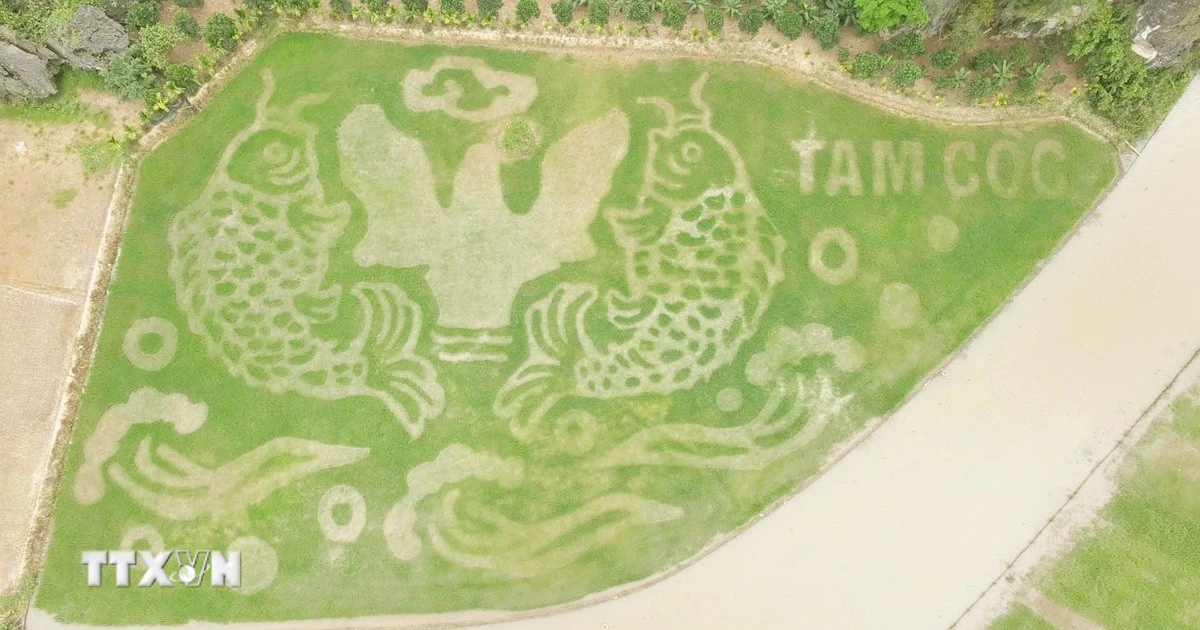

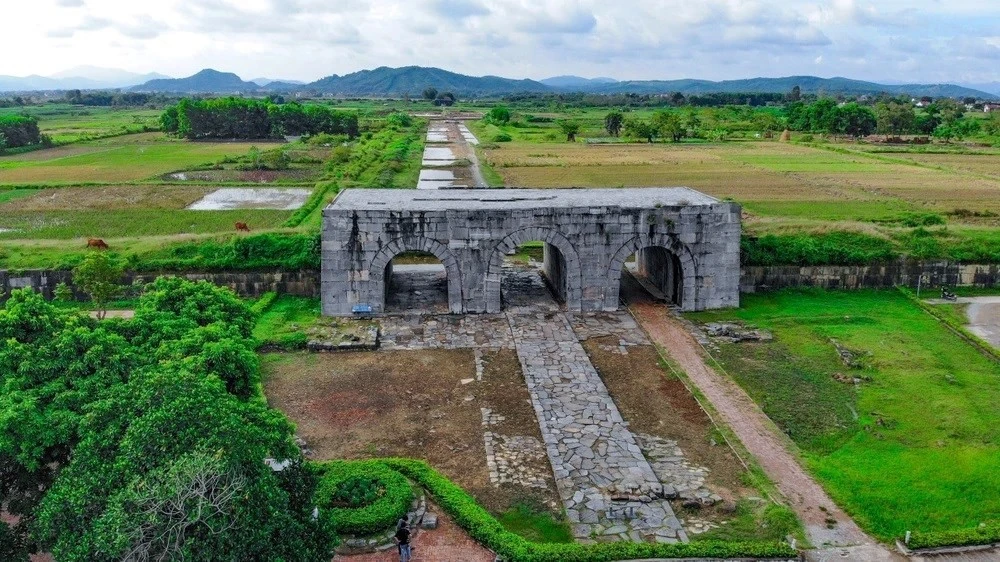

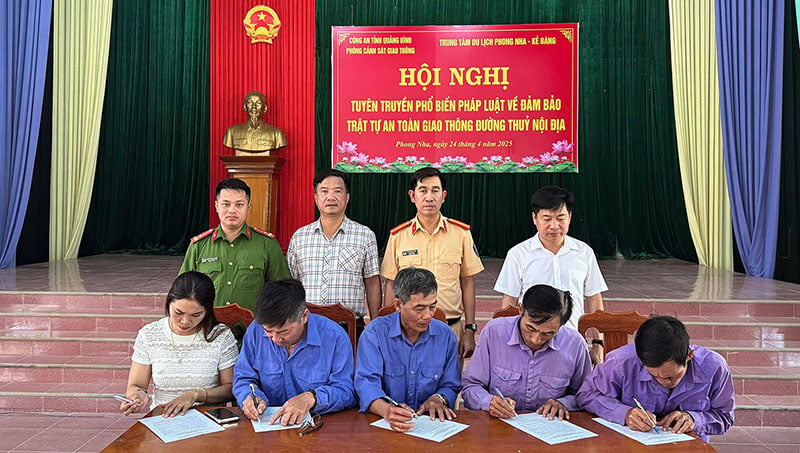

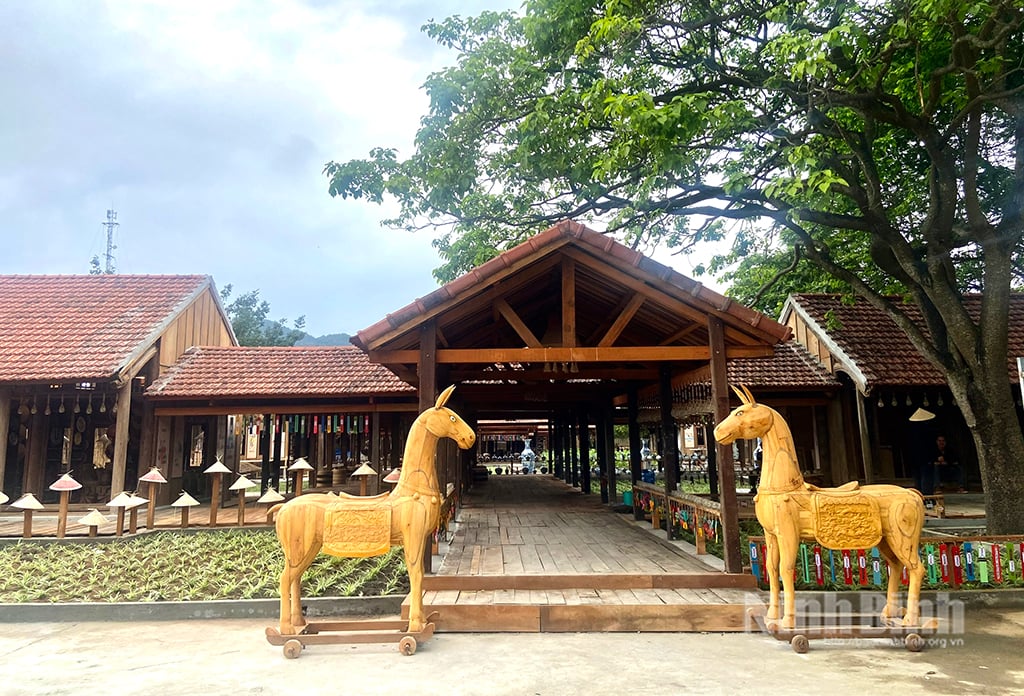

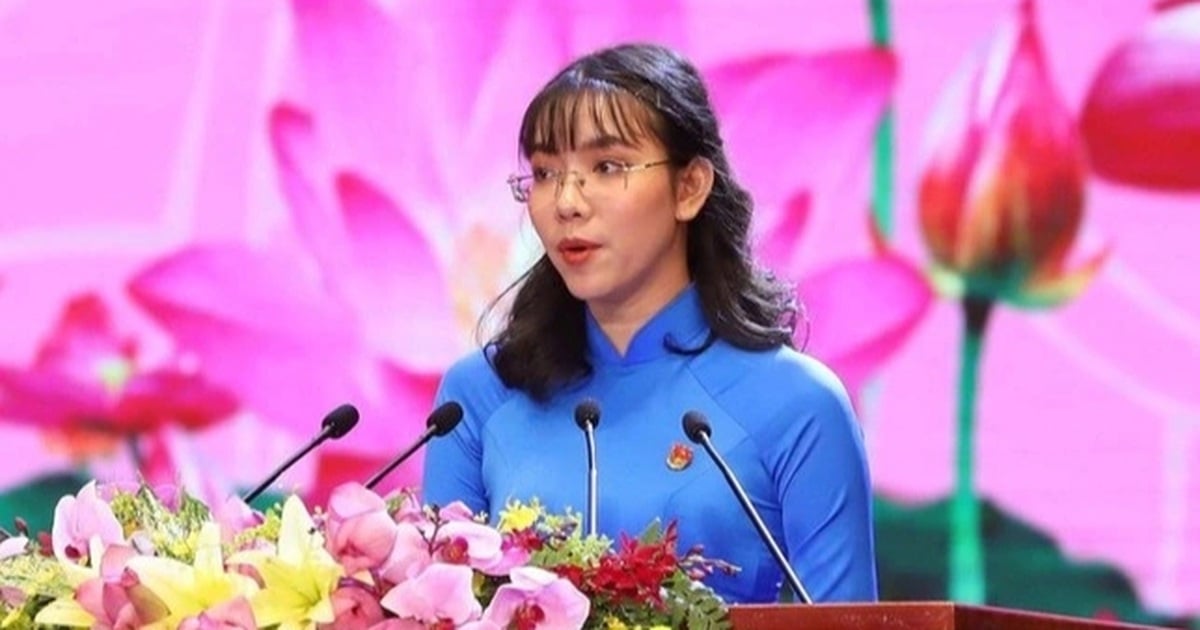

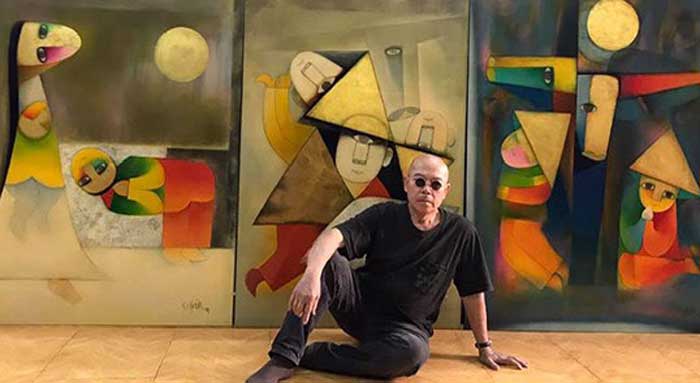




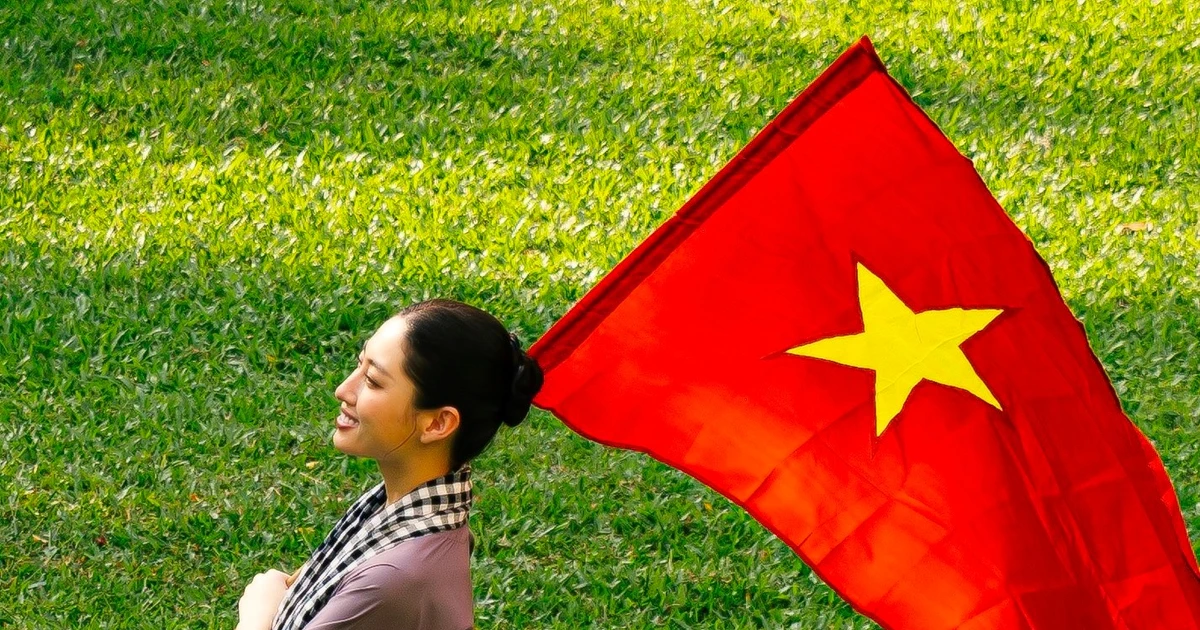











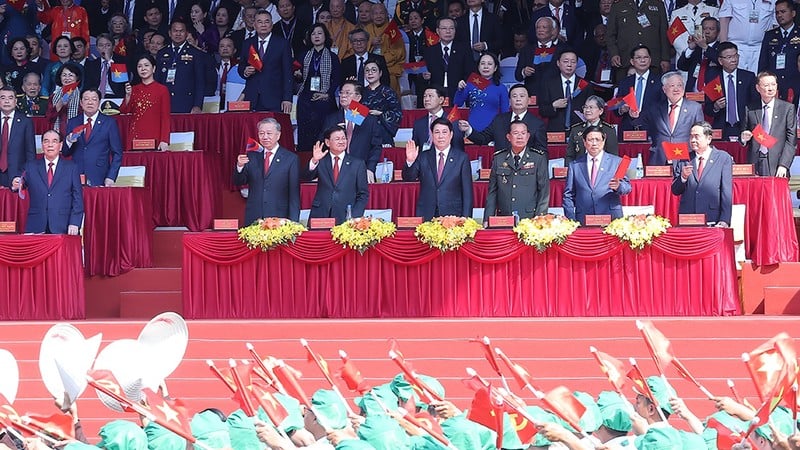


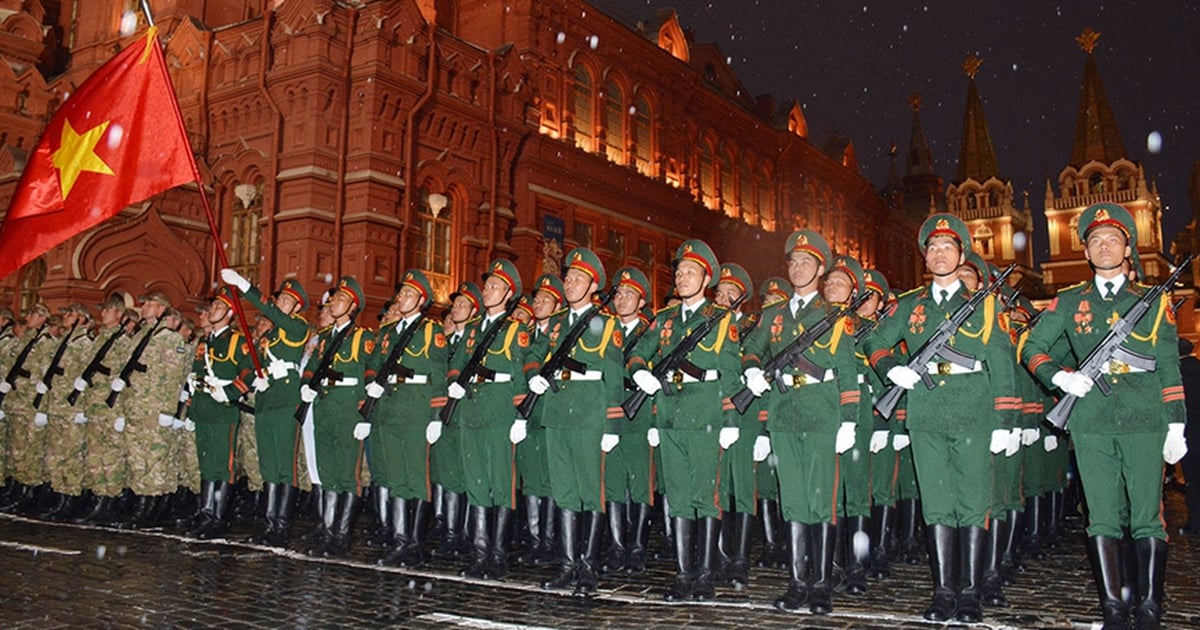










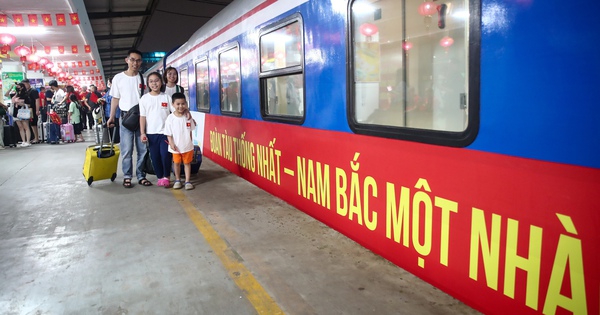


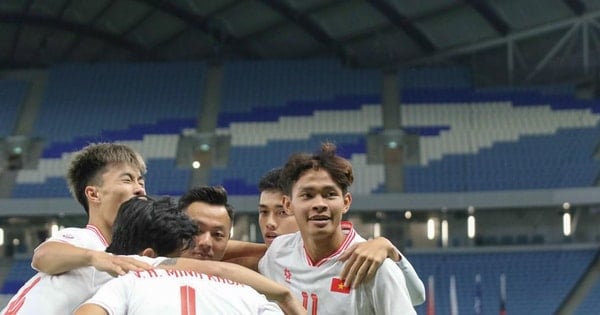



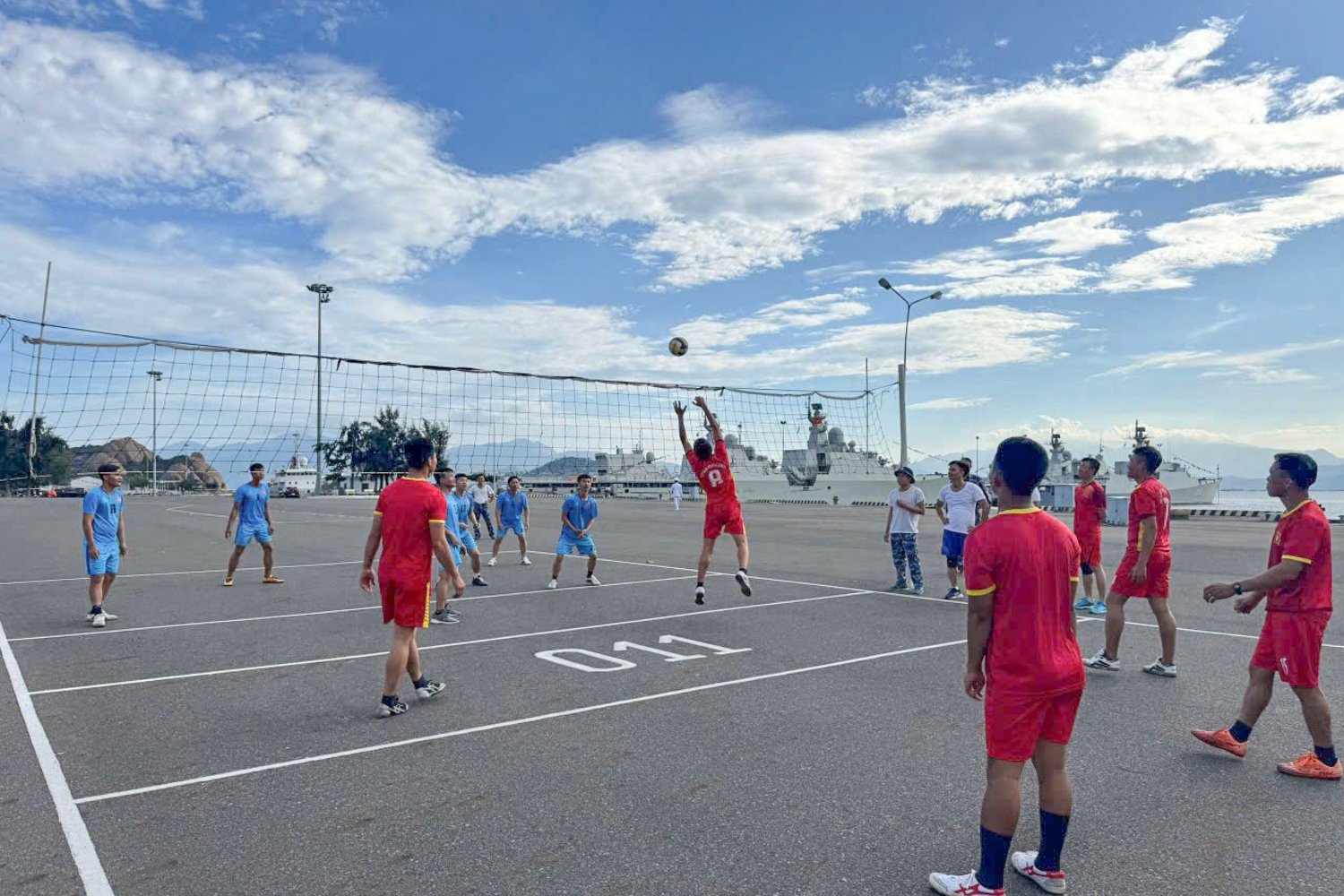

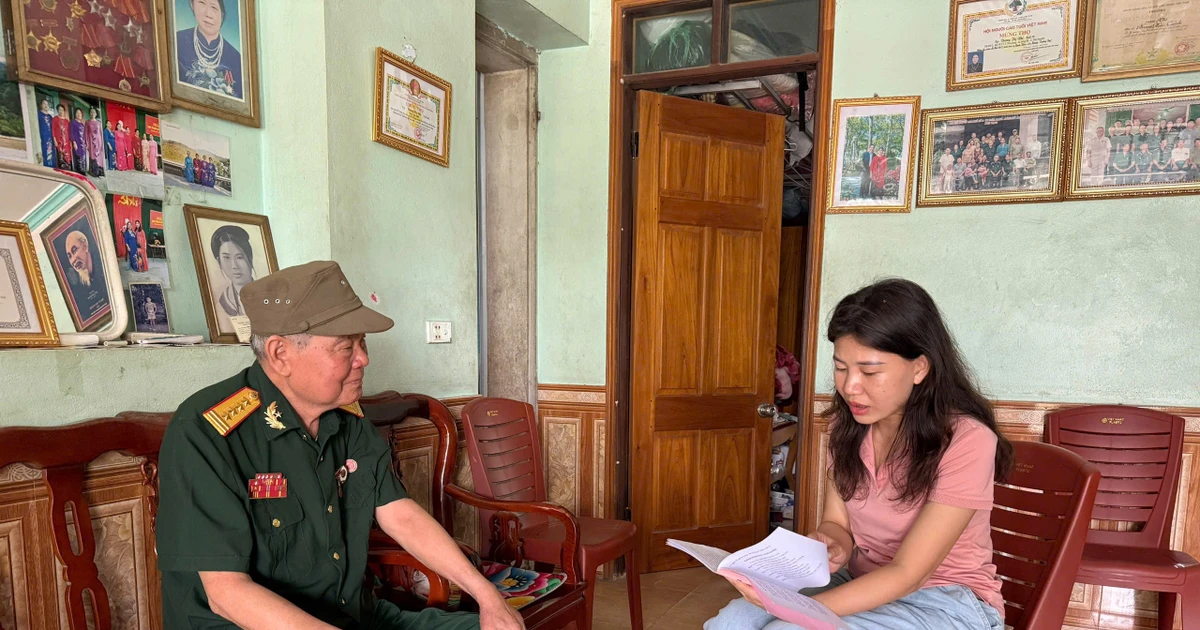

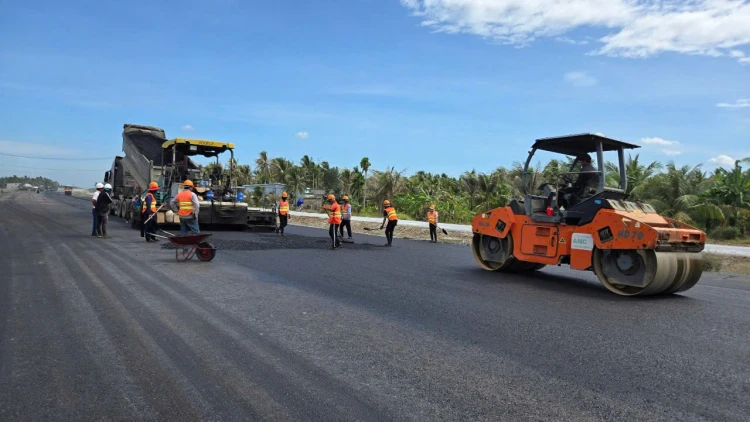

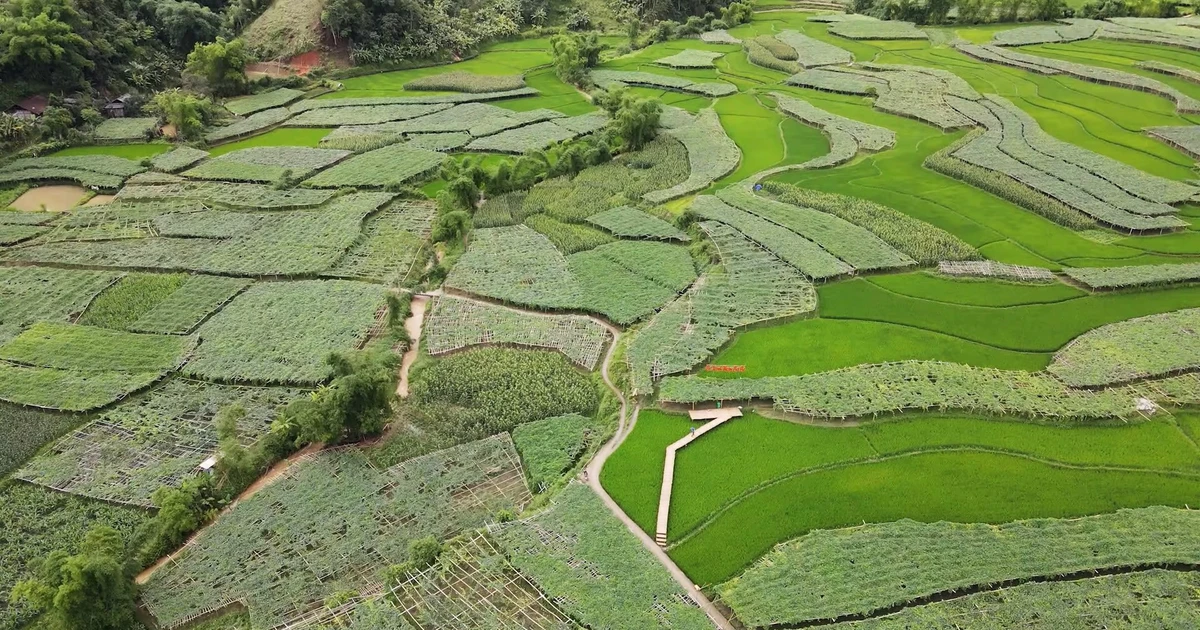







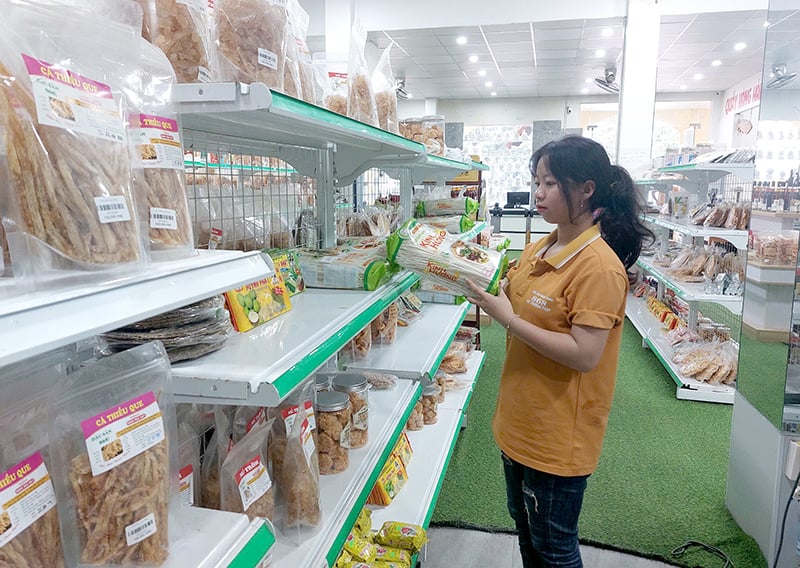
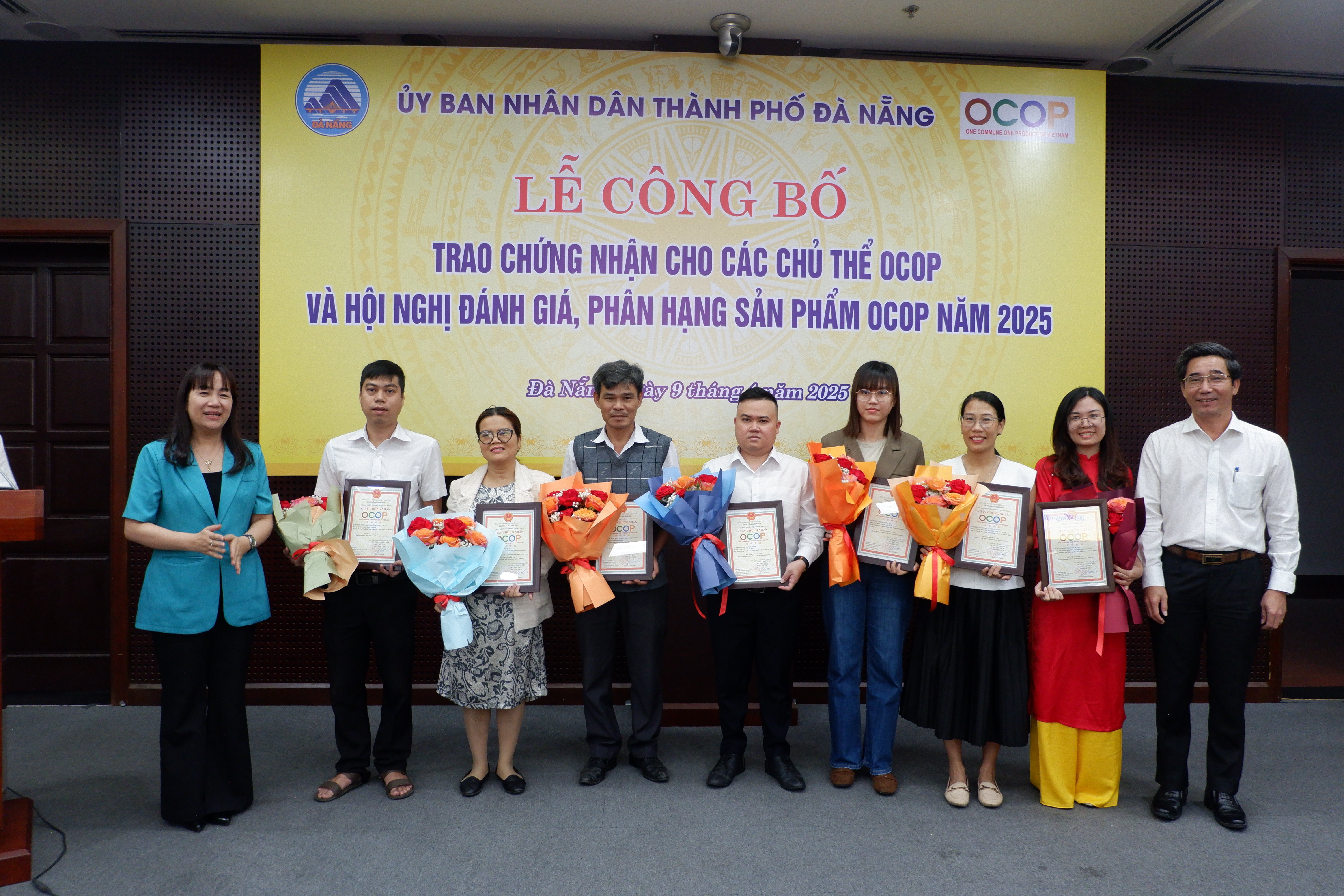

Comment (0)